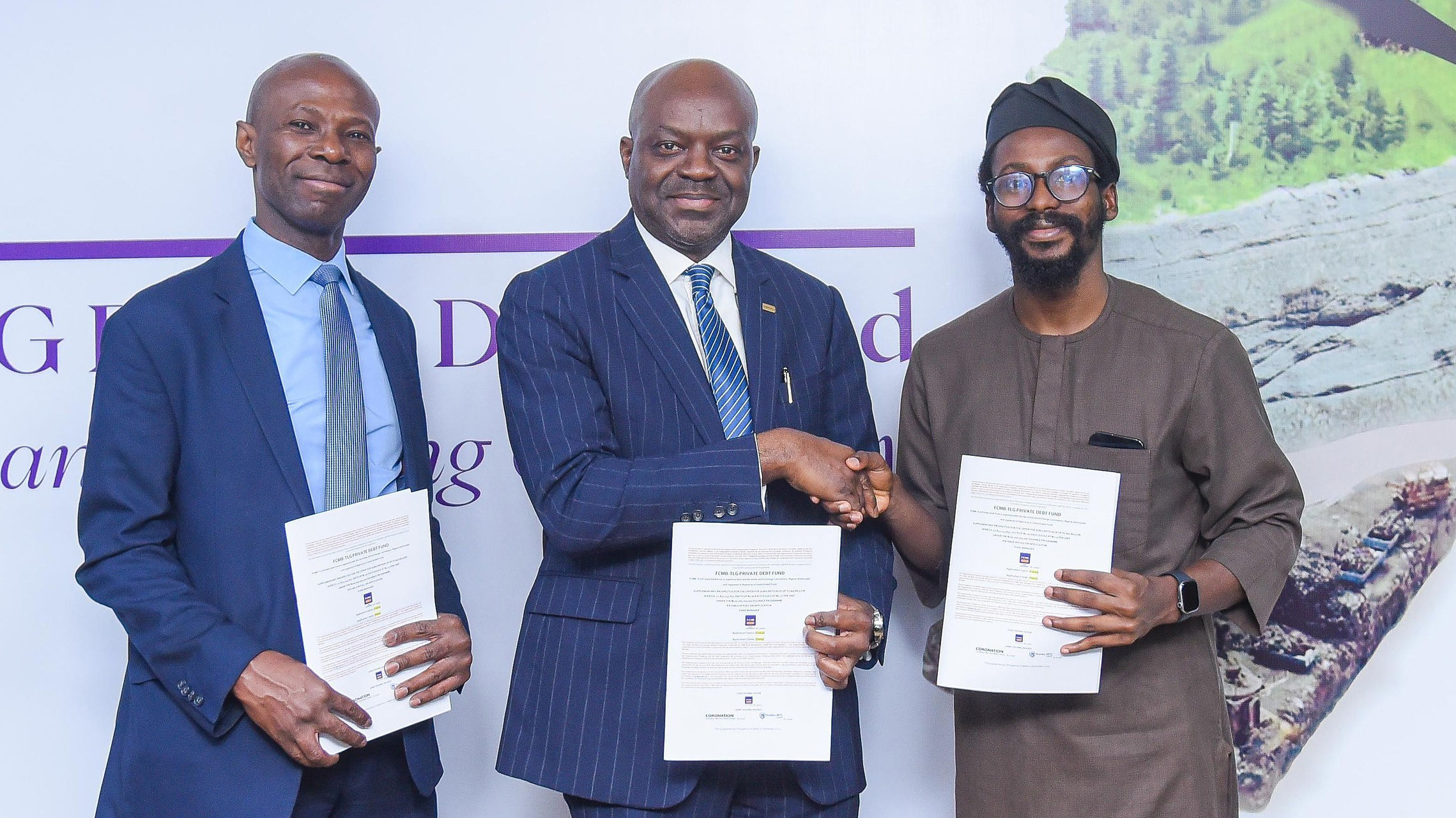The Federal Government has said it is working closely with all stakeholders in the maritime industry to achieve a paperless, technology-driven logistics and port environment that enhances efficiency, reduces turnaround time and eliminates corruption.
The Minister of Marine and Blue EconomyMarine and Blue Economy, Adegboyega Oyetola, stated this at the 2025 national conference and yearly general meeting of the Chartered Institute of Logistics and Transport (CILT) Nigeria, saying the present administration is committed to port modernisation and digitalisation.
Oyetola, who was represented by the Managing Director of the Nigerian Ports Authority (NPA), Dr Abubakar Dantsoho, said that as part of this commitment, the Federal Government has approved a $1 billion modernisation project for the ports in Lagos, a landmark initiative designed to upgrade infrastructure, improve cargo handling, and expand capacity to meet global standards.
In addition, he said that the procurement process has commenced for similar modernisation projects at ports outside Lagos, to ensure balanced development across our maritime gateways.
According to him, these efforts reflect the administration’s firm determination to improve logistics performance and competitiveness in the marine and transport sector, making Nigeria a preferred destination for maritime trade and investment.
“However, the promise of a thriving Blue Economy cannot be realised without a robust, efficient, and integrated logistics and transport system.
“The ability to move goods, people, and services seamlessly — by sea, land, and air — is the lifeblood of commerce and the foundation of industrial growth. Our ports, shipping corridors, inland container depots, and intermodal connections form the arteries through which our Blue Economy will flourish,” he said.
Meanwhile, he commended the Chartered Institute of Logistics and Transport (CILT) for its leadership in promoting professionalism, knowledge, and ethical standards in its field.
He said that whether through port operations, freight forwarding, warehousing, distribution, fleet management, or intermodal integration, their contribution defines the efficiency and competitiveness of our entire economic ecosystem.
Oyetola urged CILT and its members to continue to champion the adoption of smart and green transport technologies; promote capacity building for young professionals and operators; advocate for data-driven planning and decision-making in logistics management; and deepen collaboration with the Ministry and other stakeholders to align your expertise with national priorities.
He said that the Federal Ministry of Marine and Blue Economy remains fully committed to partnering with CILT and all stakeholders to advance the Ministry’s shared objectives.
Earlier, the President and Chair of Council, CILT, Mfon Ekong Usoro, said in the past four years, CILT Nigeria has established strategic collaborative arrangements with critical stakeholders in the knowledge industry and deepened existing relationships. She said the institute established a strategic partnership with the Bureau of Public Procurement (BPP), which was cemented by an MoU.






